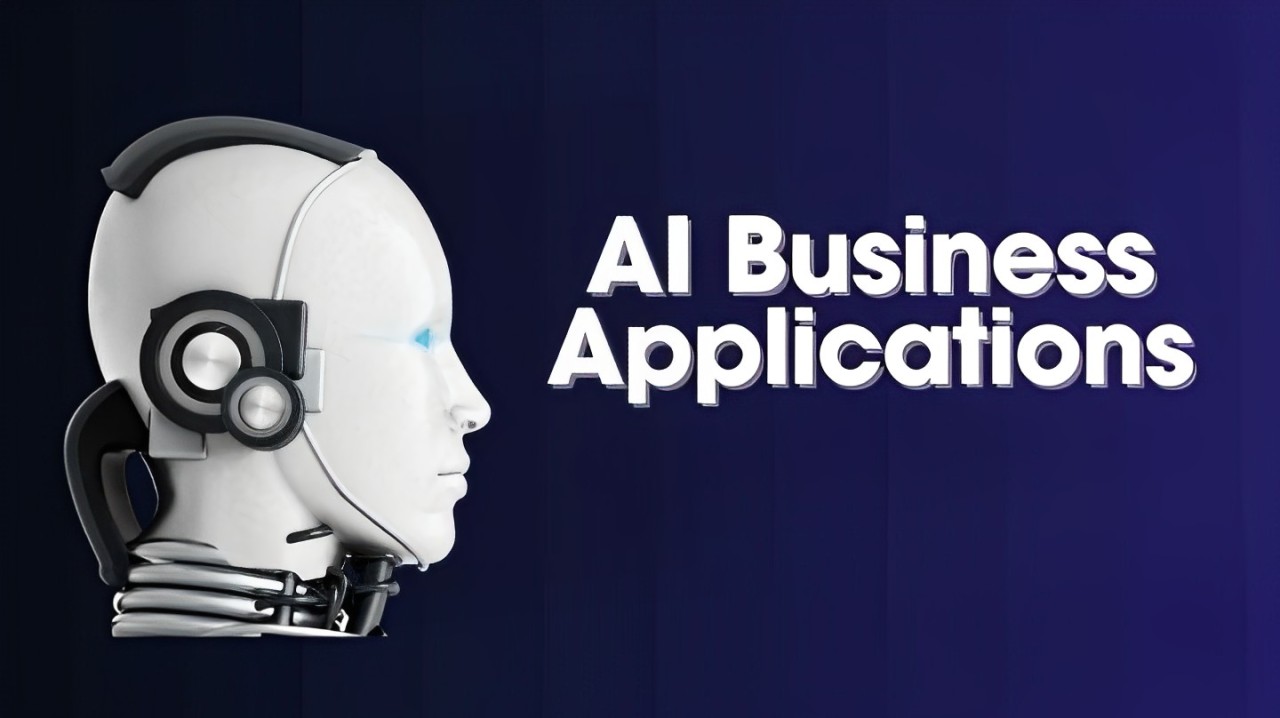Artificial Intelligence (AI) has become an important part of many industries, and small businesses are no exception. AI encompasses a range of technologies, including machine learning, natural language processing, and computer vision, which can automate tasks, analyze large data sets, and provide previously unimaginable insights. For small businesses, which often operate with limited resources and tight budgets, AI can significantly improve efficiency, customer experience, and overall growth.
The relevance of AI to small businesses is increasing as these technologies become more accessible and affordable. The adoption of AI can help small enterprises compete with larger companies in the following ways:
- Increased Productivity
One of the most significant benefits of AI for small businesses is the potential for increased productivity. AI business applications can automate repetitive and mundane tasks like data entry, scheduling, and inventory management. This automation frees employees to focus on more strategic activities requiring human creativity and problem-solving skills.
For instance, AI-powered chatbots can handle customer inquiries and support requests around the clock, reducing the workload on human staff and ensuring that customers receive timely responses. This continuous operation can significantly enhance overall productivity and service quality.
- Enhanced Decision-Making
AI’s ability to analyze vast amounts of data and generate actionable insights is another critical benefit for small businesses. With AI, companies can process and interpret data from various sources, including customer interactions, market trends, and sales figures. Machine learning algorithms can identify patterns and predict future outcomes, giving business owners valuable information to make informed decisions.
For example, an AI system might analyze purchasing trends and suggest inventory adjustments, helping businesses avoid stockouts or overstock situations. This data-driven approach enables more precise and effective decision-making.
- Improved Customer Engagement
Personalized customer engagement is essential for building strong relationships and loyalty. AI for small business operations offers customized experiences to their customers by analyzing individual preferences and behaviors. Tools such as AI-driven recommendation engines can suggest products or services tailored to each customer’s interests, enhancing their shopping experience.
Additionally, AI-powered marketing automation platforms can segment audiences and deliver targeted messages at the right time, increasing the effectiveness of marketing campaigns. Small businesses can improve customer satisfaction and drive repeat business by providing personalized interactions.
- Cost Savings
Cost reduction is a critical concern for small businesses, and AI can play a significant role in achieving this goal. By automating tasks that would otherwise require manual labor, AI reduces the need for additional staff, resulting in labor cost savings. Furthermore, AI can optimize various business processes, such as supply chain management and energy consumption, reducing operational costs.
For instance, AI-powered predictive maintenance can anticipate equipment failures and schedule timely repairs, minimizing downtime and reducing maintenance costs. These cost-saving measures contribute to a healthier bottom line for small businesses.
- Competitive Advantage
Incorporating AI business applications into operations can give small enterprises a competitive edge in the marketplace. With AI technologies, small businesses can innovate and offer superior products or services compared to their competitors.
For example, an AI-driven customer service platform can provide faster and more accurate responses than traditional methods, setting the business apart in terms of customer support. Additionally, AI can help small businesses stay agile and adapt quickly to market changes, ensuring they remain relevant and competitive.
- Scalability
AI technologies offer small businesses the ability to scale their operations efficiently. As a business grows, the volume of tasks and data increases, which can be challenging to manage manually. AI systems can handle this growth easily, automating repetitive processes and managing large data sets without compromising performance. This scalability ensures small businesses can expand their operations and customer base without encountering significant operational bottlenecks.
For instance, an AI-powered e-commerce platform can effortlessly manage increasing numbers of transactions and customer interactions, supporting business growth.
- Better Risk Management
Risk management is important for any business’s sustainability. AI for small business operations identifies and mitigates potential risks by analyzing data and detecting anomalies.
For example, AI can monitor financial transactions in real-time, flagging suspicious activities that may indicate fraud. Similarly, AI can assess market trends and predict economic shifts, preparing businesses for potential downturns. By proactively managing risks, small businesses can protect their assets and ensure long-term stability.



